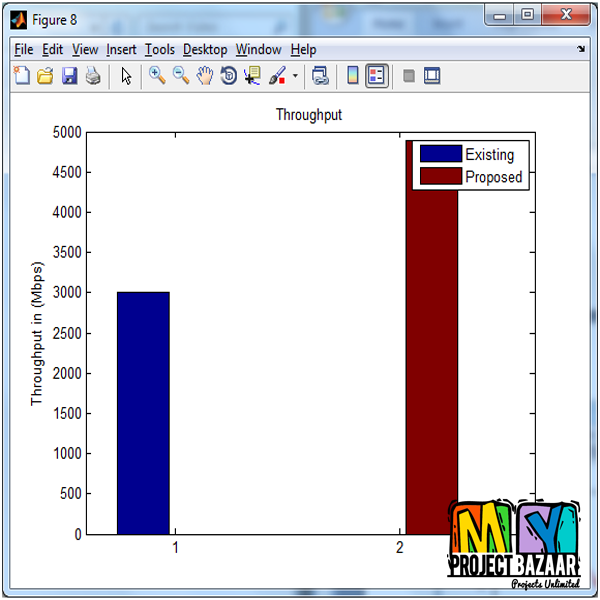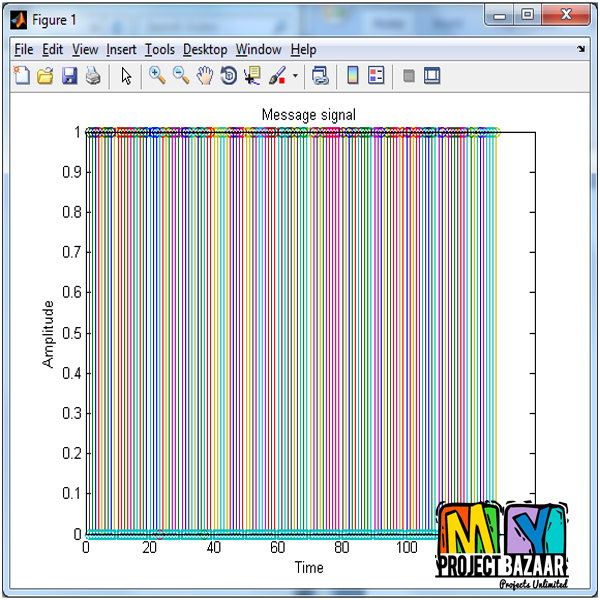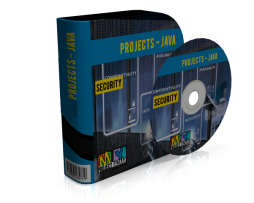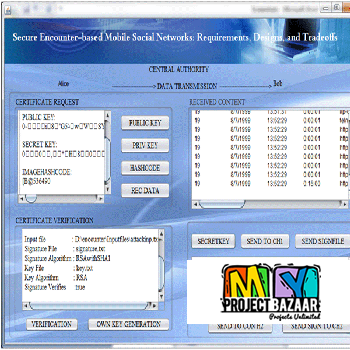
Relaxed Min-Max Decoder Architectures for Nonbinary Low-Density Parity-Check Codes
Product Description
Relaxed Min-Max Decoder Architectures for Nonbinary Low-Density Parity-Check Codes. Compared to binary low-density parity-check (LDPC) codes, nonbinary (NB) LDPC codes can achieve higher coding gain when the codeword length is moderate, but at the cost of higher decoding complexity. One major bottleneck of NB-LDPC decoding is the complicated check node processing. In this paper, a novel relaxed check node processing scheme is proposed for the min-max NB-LDPC decoding algorithm. Each finite field element of GF(2p) can be uniquely represented by a linear combination of p independent field elements. Making use of this property, an < Final Year Project > innovative method is developed in this paper to first find a set of the p most reliable variable-to-check messages with independent field elements, called the minimum basis. Then, the check-to-variable messages are efficiently computed from the minimum basis. With very small performance loss, the complexity of the check node processing can be substantially reduced using the proposed scheme. In addition, efficient VLSI architectures are developed to implement the proposed check node processing and the overall NB-LDPC decoder. Compared to the most efficient prior design, the proposed decoder for a (837, 726) NB-LDPC code over GF(25) can achieve 52% higher efficiency in terms of throughput-over-area ratio.
Abstract—Relaxed Min-Max Decoder Architectures for Nonbinary Low-Density Parity-Check Codes.
Including Packages
Our Specialization
Support Service
Statistical Report

satisfied customers
3,589
Freelance projects
983
sales on Site
11,021
developers
175+















